Jury Award and Recommendation Award for the First The Dream of Red Chamber Award
Jury Award and Recommendation Award for the First The Dream of Red Chamber Award
Besides the winning title Qin Melody, Works and Creations (Tung Kai-cheong), Sea God’s Clan (Jade Y. Chen), Gate of Heaven (Liu Xinglong) have been named for the Jury Award. Three other works Breeding Land (Fan Wen), Gate of Silence (Ning Ken), Tibetan Mastiff (Yang Zhijun) have been named for the Recommendation Award.
Jury Award winners for the First The Dream of Red Chamber Award (In alphabetical order by title)
Recommendation Award winners for the First The Dream of Red Chambers Award (In alphabetical order by title)
Besides the winning title Qin Melody, Works and Creations (Tung Kai-cheong), Sea God’s Clan (Jade Y. Chen), Gate of Heaven (Liu Xinglong) have been named for the Jury Award. Three other works Breeding Land (Fan Wen), Gate of Silence (Ning Ken), Tibetan Mastiff (Yang Zhijun) have been named for the Recommendation Award.
Jury Award winners for the First The Dream of Red Chamber Award (In alphabetical order by title)
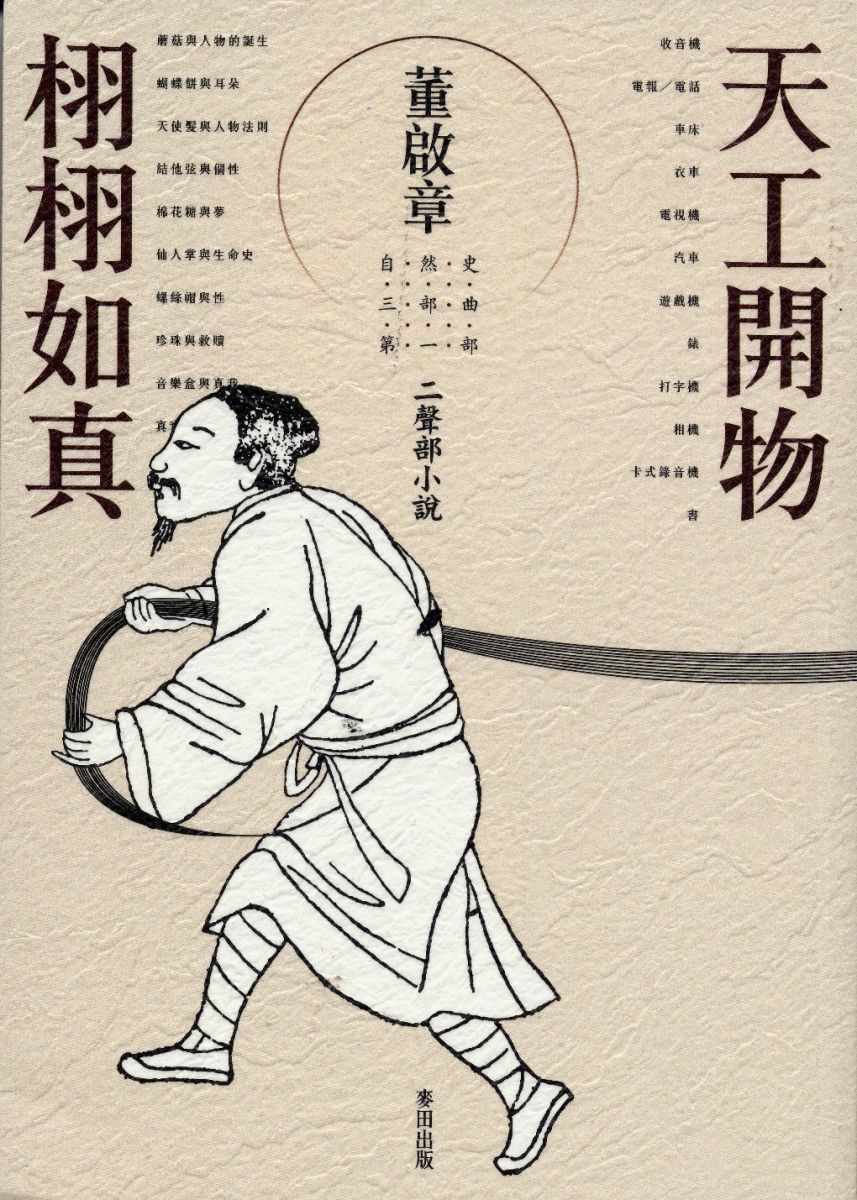 |
Works and Creations Taiwan: Rye Field Publications, Cite Publishing Ltd. (2005) Even number chapters tell the stories of the three generations of the Tung family through their personal belongings, stories that cover anecdotal romances, social changes, familial intrigues and personal enlightenment. Another storyline, told through odd number chapters, depicts the world of a fictional “character”. This “character”, while inhuman, was imbued with human-like emotions and experiences. An extraordinary life is structured from ordinary items. From “a history of personal items” – radio, telegrams, telephone, lathe, sewing machine, television, automobile, gaming console, timepiece, typewriter, camera, cassette recorder, books – a chronology of man-item cohabitation is painted. Author Tung Kai-cheong, born 1967 in Hong Kong, graduated with a Master in Comparative Literature at the University of Hong Kong. His early works about the school campus display a richness in imagination and lively style. His later works, growing more solemn, delve into topics of gender, city, and the re-conception and re-creation of memory and history. In 1994, he was awarded New Author Award at the United Literature Fiction Award in Taiwan; in 1995 he was given the Special Award for Novel at the 17th United literature Fiction Award. In 1997, he was named for receiving the Award for Young Artist – Literary Arts by the Hong Kong Arts Development Council. |
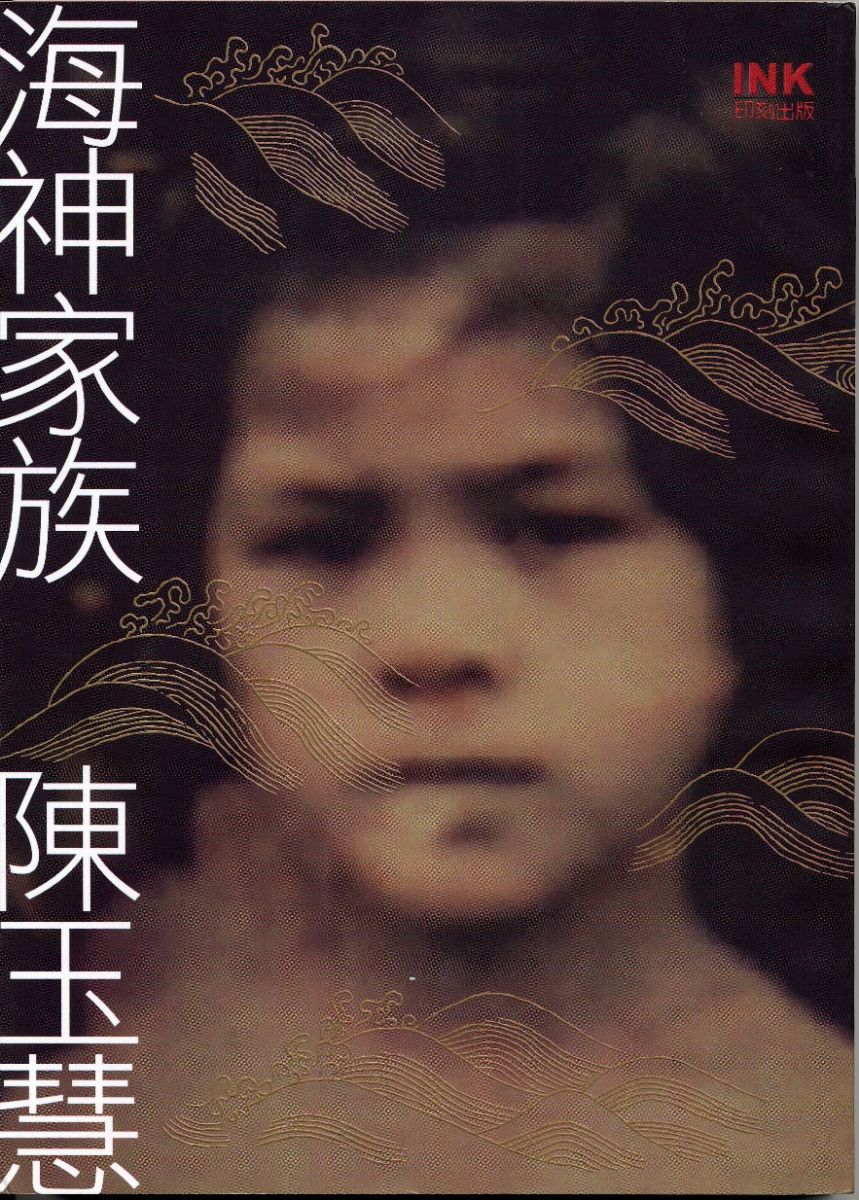 |
Sea God’s Clan Taiwan: INK Publishing Co. (2004) Through the root-searching of a Taiwan woman, the dark secrets of a family was unfolded layer by layer, much in the fashion of unplucking the petals of a rose. A persistent melody becomes intermingled in different chapters, independent yet closely tied, building toward the grand finale of confrontation, secession, opposition and reconciliation. The trivial romances of a woman became the core narrative device, and in the end became the sole narrative underpinning in a complete subversion of the traditional framework. The story mirrors the fate of the whole of Taiwan, telling the story of 100 years of Taiwan history spanning three generations, and involving topics of folk, religion, history and personal reflections. It is a contemplation of what it means to be a “Taiwanese” as well as an attempt to resolve the doubts and anxieties arising from the question: “Who am I?” Author After graduating from the Department of Chinese of her alma mater, Jade Y. Chen furthered her studies in France and obtained master degrees in history and literature at École des Hautes Études en Sciences Sociales and a doctorate in literature at the same institution. She participated in high profile theatre performances in Europe and the US, and has organized a number of theatre works which she wrote and directed. She now lives at Munich of Germany and is the Special European Correspondent for United Daily News of Taiwan. She has won numerous times major awards for news reportage in Taiwan. |
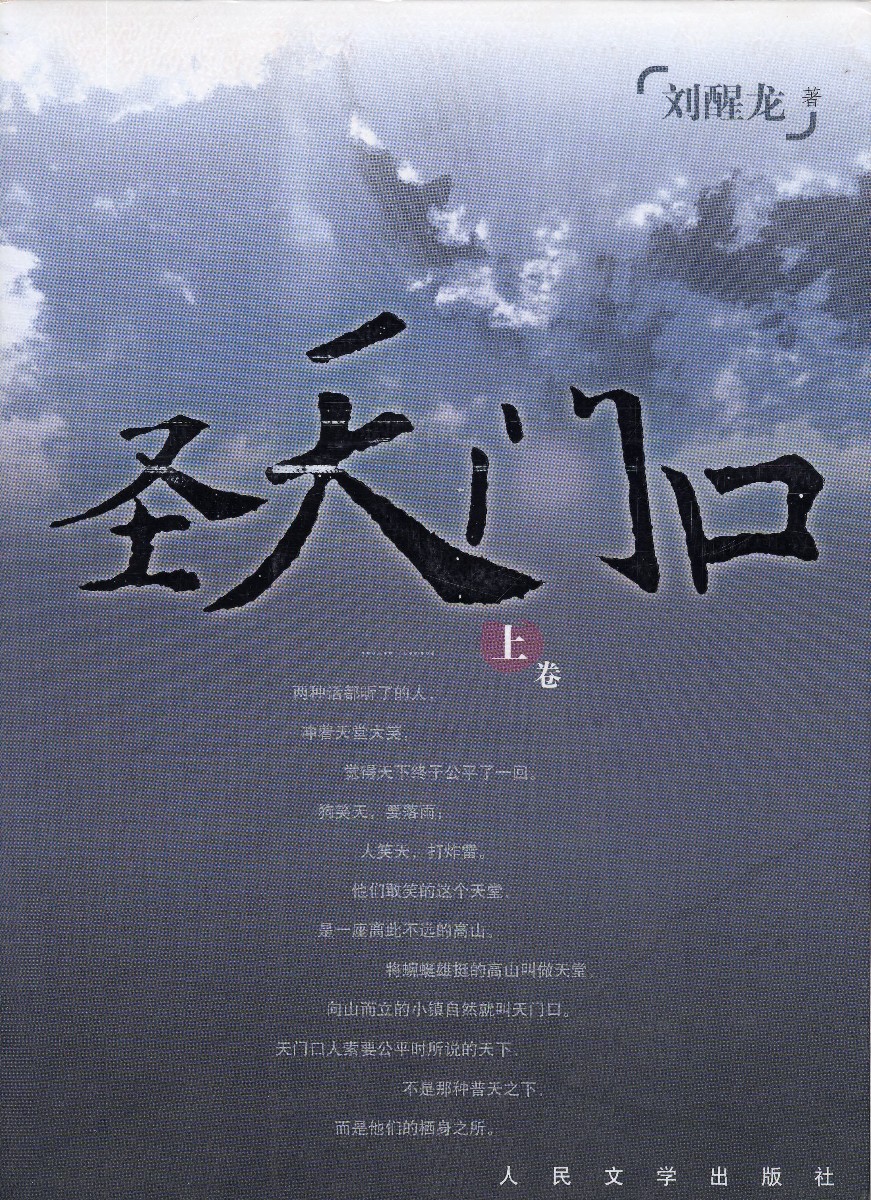 |
Gate of Heaven Beijing: People’s Publishing (2005) The one million word epic is divided into three instalments. The story is set in the township of Tianmenkou at Dabieshan District. It tells the stories of the people from two clans and those related to them, hence setting the stage for depicting major historical events and societal changes in the 20th century. The several generations of women from the Xue clan, with their perseverance and gentle character, associated with individuals and factions of various identities. The work is embracive; the lives and deaths of the characters often carry surprises though the details remain intricate. It is a work of intense emotions – of grieve, of joy, of love and hate. Author Liu Xinglong is born in 1956 in Huanggang of Hubei. Upon graduation from high school he worked at a construction project for a water supply facility. He is now Deputy Chairman of the Wuhan Branch of the China Federation of Literary and Art Circles; Deputy Chairman of the Hubei Writers Association; Editor-in-chief of Fangcao Magazine. His works have been translated and published in English, French and Japanese, and listed as core readings in courses of Contemporary Chinese Social Studies at overseas universities. He has been awarded the Lu Xun Literature Award (novelette), Hundred Flowers Award (Novelette), and the 8th Zhuang Zhongwen Prize for Literature. The films that were adapted from his novels have won awards including at the Golden Rooster Awards, Tokyo International Film Festival, University Film Festival, and others; a drama adapted from his novel has been awarded the Wenhua Prize. |
Recommendation Award winners for the First The Dream of Red Chambers Award (In alphabetical order by title)
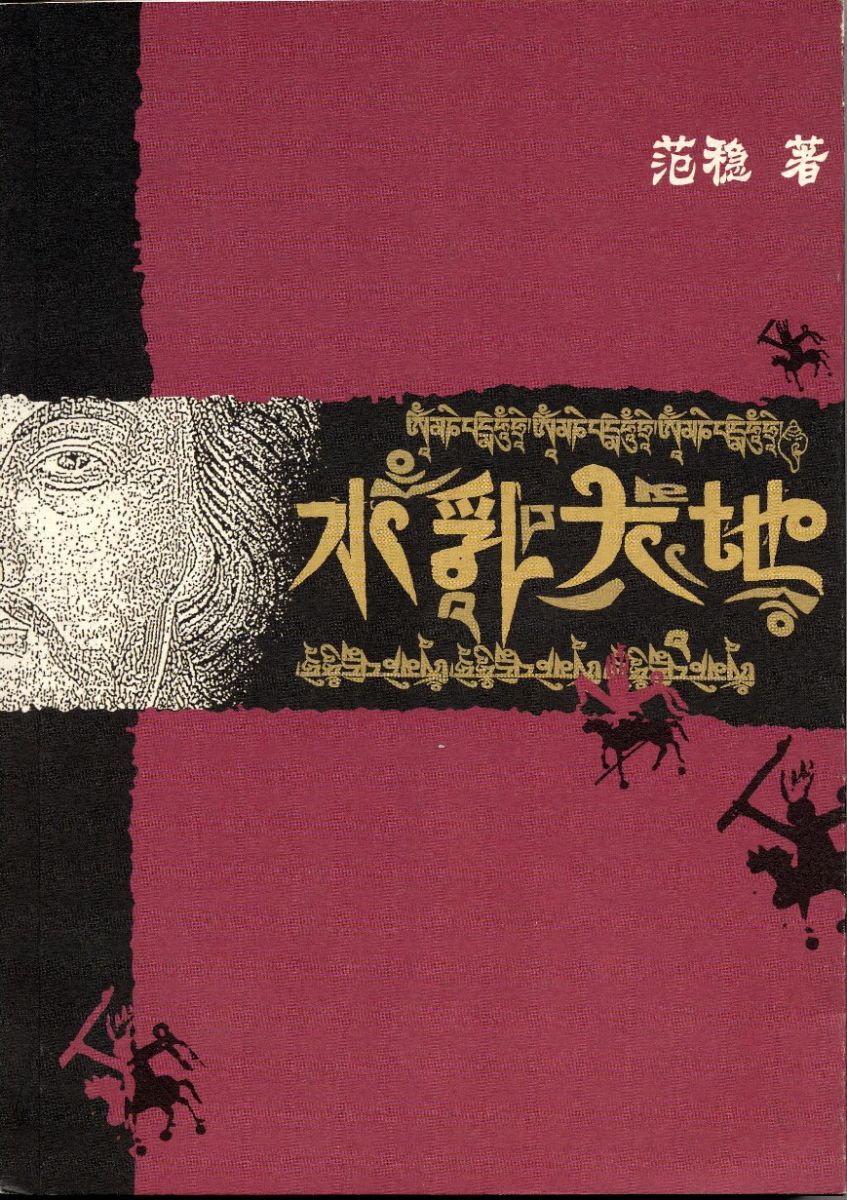 |
Breeding Land Beijing: People’s Publishing (2004) At the early 20th century, a number of catholic priests went deep into the Grand Canyon of the Lancang River, and built a church there for evangelical work. In the century that followed, exchanges, amalgamation and clashes occurred between the western religion, Tibetan Buddhism and the Dongba religion of the Nakhi people. The novel depicts the complex relations of disharmony between the Nakhi people, the Han people and the Tibetans, laying out the perils of life and beliefs of each community. One of the stories described how Tsering Dawa of the Khampa clan, former bandit, changed his ways and became a Buddhist monk, painting a vivid picture of a hero at the end of his road. Author Fan Wen currently resides in Kunming. He graduated at the Department of Chinese at Southwest Normal University in 1985. In 1999, he joined the a cultural tour “entering Tibet” organized by Yunnan People’s Publishing and had his first memorable experience of the vast complexity of religious and ethnic culture of Tibet. He started to investigate how cultures and religions of the Shen and Tibetan peoples interact and coexist, and attempted to incorporate the results of such study into his works. He is one of the foremost writers on the peoples of the south-western borders. |
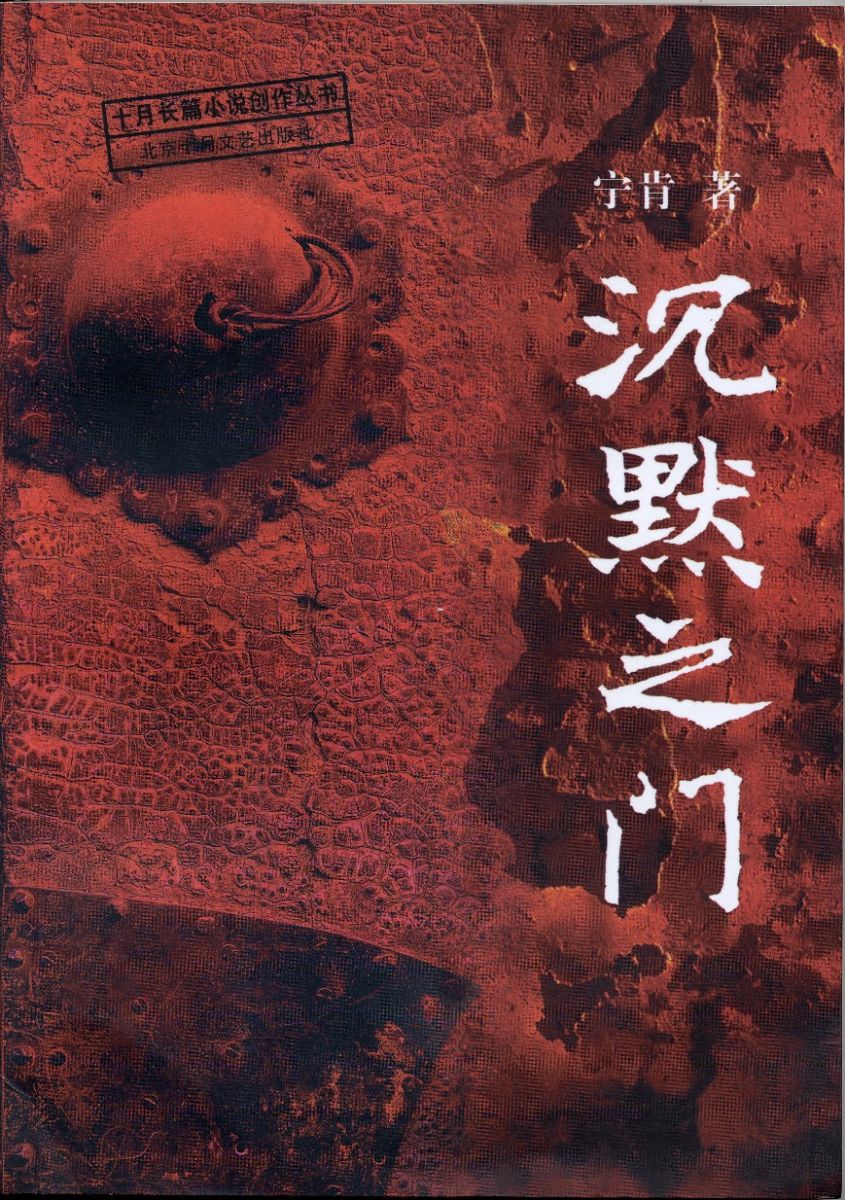 |
Gate of Silence Beijing: Beijing October Arts & Literature Publishing (2004) The novel tells a mesmerizing story of a 13-year-old youth and an old timer in a library. This became the starting point of a quiet yet bizarre life of the protagonist, Li Man. The scholarly Li Man, ripped from his daily life, came to meet the enigmatic woman Tang Li, and the two engaged in an impossible yet tragedy-bound romance. At the tragic end of that relationship, Li also lost his job and dwellings, was committed to a mental institution, and became an unmoving, sculpture-like “thinker”. Dr. Du Mei, his presiding psychiatrist, treated him and gradually reopened his heart. Upon return to the society, Li found that his new work unit shares the same structure as the mental institution, but he no longer cared and was content where he was. Author Ning Ken, also named Ning Minqing, was born in 1959 in Beijing. He is now a contracted writer of the Beijing Writers Association and Deputy Editor-in-Chief of the October Magazine. He graduated at the Department of Chinese at Beijing Normal University and published his first works of poetry, essay and novel in 1982. From 1984 till 1986 he lived and worked in Tibet, which had a shaping influence on his later literary career. In the late 1980s he shelved his writing and in the 1990s he founded the Beijing Green Advertising Company. He was at one time member of the committee of the Beijing City Advertising Association. In 1998 he withdrew from advertising and picked up his pen again. His series of essays about Tibet made him a key figure of the “new essay” genre. In 2000 he was named “Best Chinese Internet Novelist”; in 2001 he was named Champion of the "Modern" Literary Rally ; in 2002 he was awarded the 2nd Laoshe Literary Prize (Novel). |
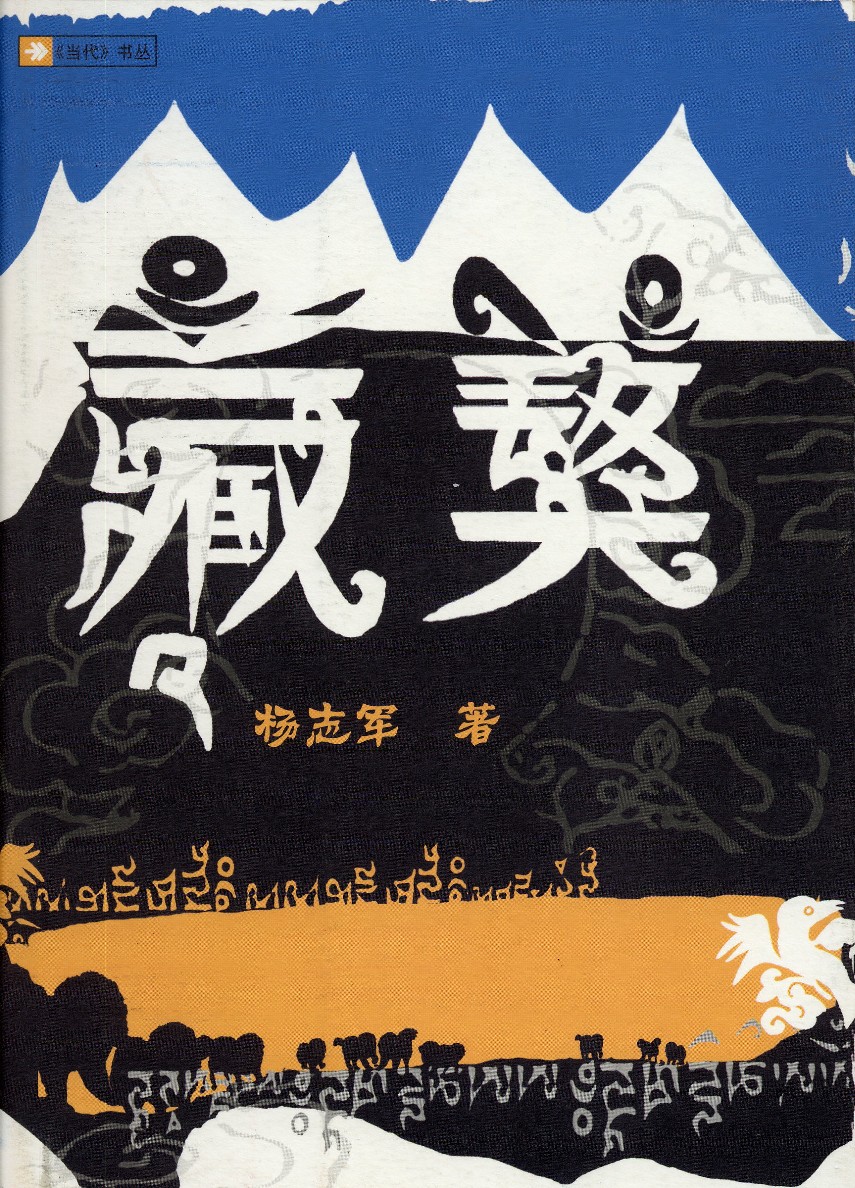 |
Tibetan Mastiff Beijing: People’s Publishing (2005) The Tibetan Mastiff is a high land bound breed evolved over 10 million years from the ancient Himalayan Giant Hound. It was the only “living fossil” that had remained unchanged by time and environment. Tibetan Mastiff describes how, during the early years of founding of new China, a royal Mastiff helped resolve the differences between two clans on the plains. The pack of Tibetan Mastiff displays joys, sadness, dignity, shame, loyalty and sense of responsibility better than any human; they are the embodiment of the essences of the Tibetan Plateaus, the mysteries of Tibetan Buddhism and the humanist spirit of a writer. It is a novel that advocates messages of peace, loyalty and bravery. Author Yang Zhijun was born in Qinghai in 1955. He is a member of the China Writers Association and Deputy Chairman of the Qingdao City Writers Association. He used to be in the army and had received university education. During his stint as a newspaper reporter, he was stated for six years at the Tibetan Plateau Pastoral Areas. He was a long-time owner of Tibetan Mastiffs. He now lives in Qingdao. He had received the “Modern” Literary Prize, the National Literary Award (Newcomer), and the People’s Literature Prize. |



